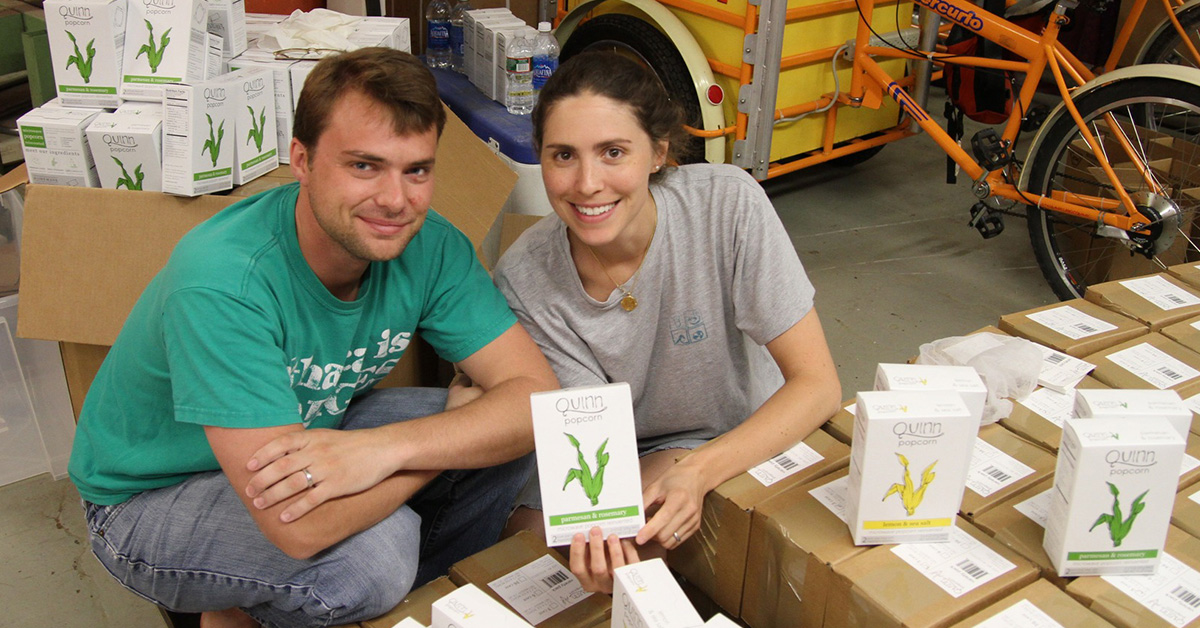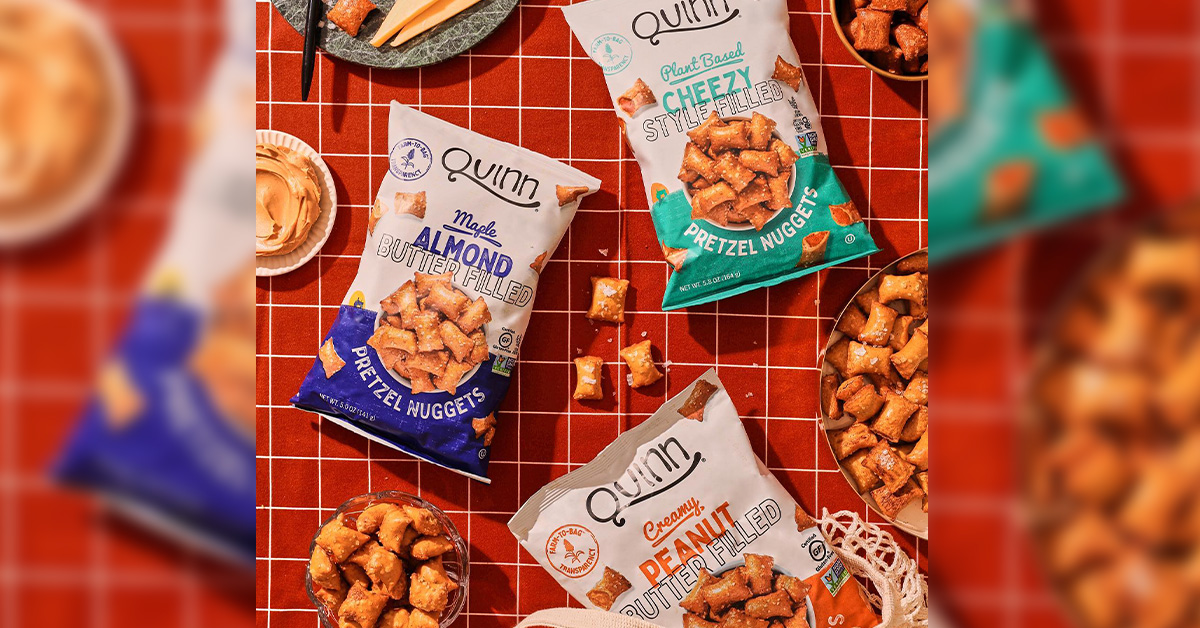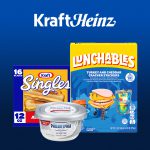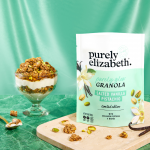Quinn Snacks Calls Quits on Popcorn as it Pushes Forward on Salty Snacks

Quinn Snacks is discontinuing its microwave popcorn SKUs in favor of focusing exclusively on its higher-margin pretzel products.
“[Microwave popcorn] got us here and so we have this very special spot for it because it really created Quinn, established us in the marketplace and gave us footing on what we were doing,” founder and chief visionary officer Kristy Lewis told NOSH last week about the late November announcement. “Sometimes product lines get you where you need to go. And then other products take you to where you need to be.”
Founded in 2010, Quinn launched with better-for-you, more sustainable microwave popcorn before debuting whole grain, gluten-free pretzels in 2016. The later line now includes pretzel sticks and rods, several SKUs of nut butter filled pretzel nuggets and Pizzeria Cheezy Pretzel Nuggets.
In 2023, popcorn accounted for roughly 10-15% of Quinn’s sales, depending on the month, Lewis shared. In contrast, the pretzels are sold in over 20,000 stores including Walmart, Whole Foods, Sprouts, Fresh Market, Kroger and Safeway — far more doors than the popcorn was ever sold in, she added.
While Lewis said this move has been a long time coming, the COVID-19 pandemic temporarily gave the popcorn line a boost, with shoppers looking for fun activities at home that could replicate the movie theater experience. During that time the company sold a Movie Night Popcorn kit retailing for roughly $40.
“I felt like we were kind of having this moment,” Lewis said.
Since then, however, the category has normalized and supply chain issues compounded an already “complex” sourcing and packing process. The biggest issue, Lewis said, is that no one facility can pack popcorn into a bag, create a seasoning sachet, fill an oil packet and pack everything into one box. The costs required around maintaining multiple co-packers, kitting out the end product and shipping components around the country ultimately eroded product margins to a point where they were unsustainable.
Raising prices, Lewis said, would have made it even harder for Quinn to compete against larger players like SkinnyPop, Orville Redenbacher, Angie’s BOOMCHICKAPOP, Act II and Jiffy Pop, all of which are owned by Conagra or Quinn’s own investor Hershey’s.
“I think the consumers who are shopping in that category are really used to low prices. It’s such a vertically integrated manufacturing process. You have corn, you put it in the bag, and you put some sort of weird flavoring in there, and then you sell it,” Lewis said. “The margins are pretty solid for those larger companies, except we were trying to take all that down…we were honestly trying to set a higher bar and an example for the larger industry.”
Distribution was also difficult, Lewis said. Although Walmart accounts for the largest share of microwave popcorn sales, the retailer never stocked Quinn’s products.

Quinn previously launched pre-popped popcorn in 2013. Although that product had a higher margin and an easier supply chain, Lewis said, it was ultimately discontinued after three years due to the larger amount of competition, including private label, in that category. At the time, Lewis said, Quinn simply lacked the capital to go head to head with incumbents on price, promotion or marketing.
Quinn still holds the patent for its popcorn bag, which is free of perfluorooctanoic acids (PFOAs), made from post consumer recycled content (PCR) and does not contain a susceptor which is the metal layer that helps heat popcorn but also can leach chemicals, plastics, and glues into the snack. Moving forward, the company will evaluate licensing or selling that technology to another popcorn company.
Part of Quinn’s mission is to help farmers to set up new, more sustainable supply chains for ingredients such as corn and palm oil. With the popcorn discontinuation, it’s true that some of those efforts will have to be sunsetted, but, Lewis promised, the company plans to double down on sourcing the ingredients in its pretzels, such as sorghum, brown rice flour, and will announce new sustainability initiatives towards the end of 2024.
Overall, Lewis said, the move away from popcorn is simply the next stage of the company’s development.
“This is not a negative by any means,” Lewis said of the popcorn’s discontinuation. “It’s actually that there’s so much that we learned from this, and we’re glad that we were able to change the industry for the better.”
















